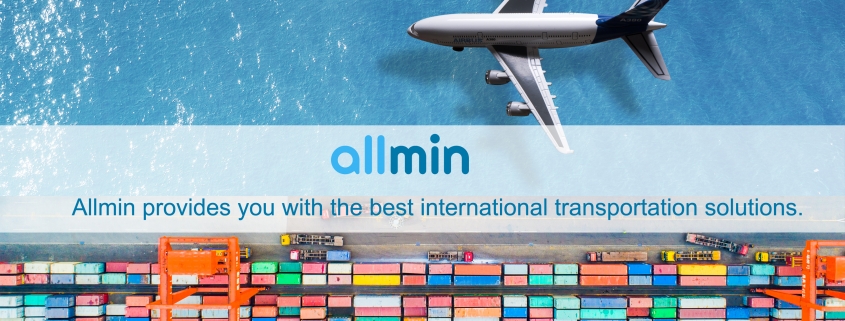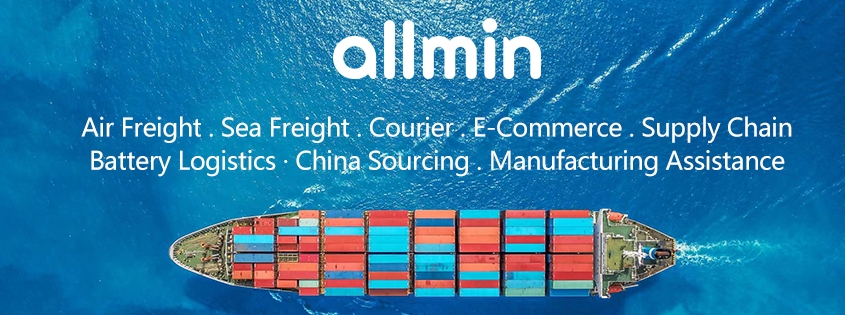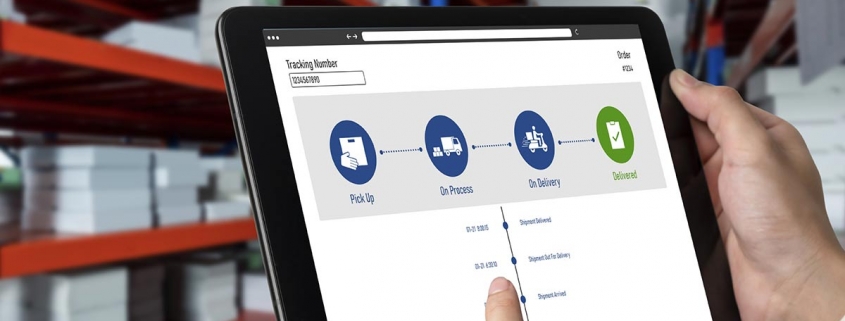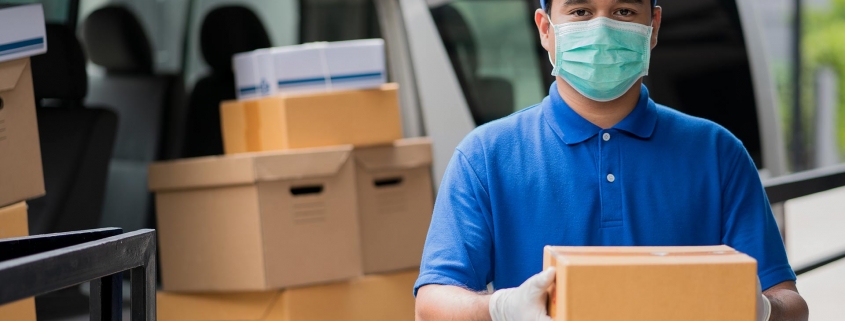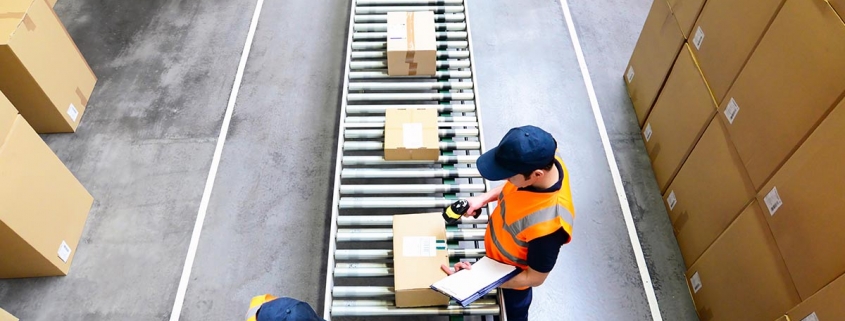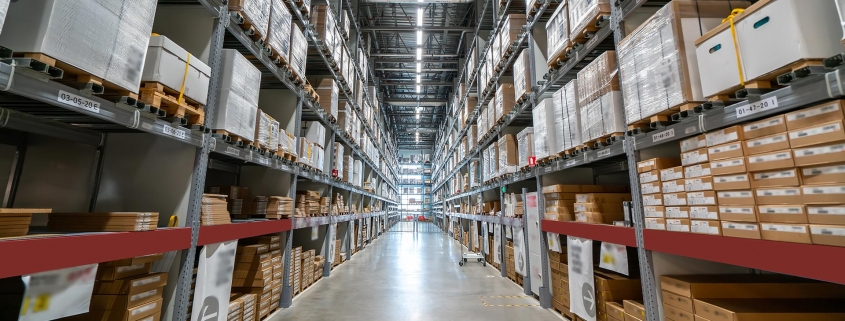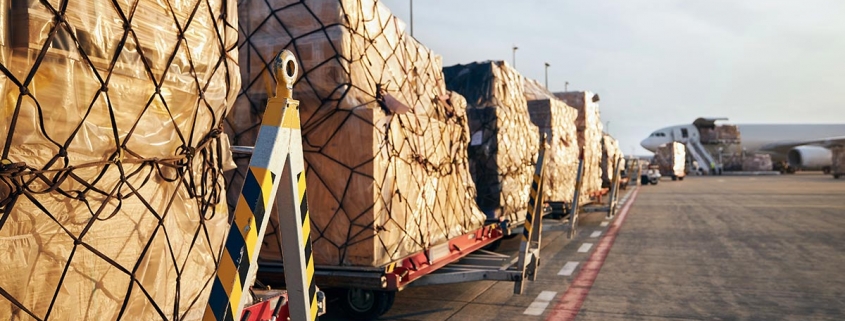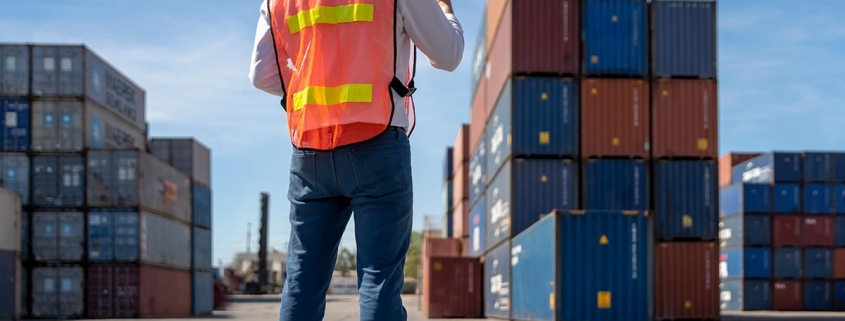Hello everyone! Today I want to talk to you about international logistics and the challenges of global supply chains. With the rapid growth of global trade and the complexity of supply chains, international logistics faces many new challenges. Let’s take a look at what these challenges are and how to address them!
Firstly, the delay and instability of global supply chains have become a critical issue. Due to various factors such as weather, traffic congestion, and political unrest, the transportation time of goods may be prolonged or even interrupted. This poses difficulties for businesses and consumers. Therefore, establishing flexible and resilient supply chain networks and enhancing collaborative cooperation become key to addressing this challenge.
Secondly, supply chain visibility and information exchange have also become important topics in international logistics. Supply chains involve many stages and participants such as suppliers, manufacturers, and logistics companies, and timely information transmission and sharing are crucial. By introducing advanced technologies and information systems such as the Internet of Things, artificial intelligence, and big data analytics, supply chain visibility can be improved, and information exchange can be strengthened to better manage and address supply chain challenges.
Lastly, sustainability is also one of the challenges facing international logistics. With the global emphasis on environmental protection, reducing carbon emissions and resource waste has become a shared goal. International logistics needs to seek more environmentally friendly modes of transportation and promote the development of green supply chains. Using renewable energy, optimizing transportation routes and packaging materials, and reducing waste and pollution are key measures to achieve sustainability.
In conclusion, international logistics faces the task of meeting the challenges of global supply chains. By establishing flexible and resilient supply chain networks, enhancing information sharing and visibility, and promoting sustainable development, we can better address these challenges and contribute to global trade and economic development!

